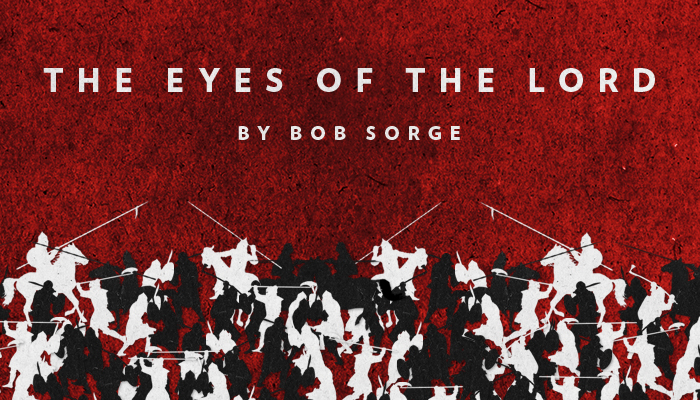 I had unanswered questions about the cross until I came to see that there are two sides to the cross. Let me explain.
I had unanswered questions about the cross until I came to see that there are two sides to the cross. Let me explain.
I was schooled in what theologians sometimes call “the substitutionary atonement of the cross.” This doctrine points to the fact that Jesus suffered for us on the cross in our place. He did the cross so we never have to, and I believe that doctrine.
But I didn’t know how to reconcile that truth with the fact that the New Testament calls us to godly suffering. If Jesus suffered for us, why should we ever have to suffer? In fact, I was taught by some teachers that the only kind of suffering that is legitimate for believers is persecution. They taught that we should exercise faith to believe for immediate deliverance from every other form of suffering.
First of all, I want to emphasize that I believe strongly in the substitutionary nature of the cross. This side contains the most grisly aspects of Christ’s sufferings in which He experienced a living hell so we would never have to. This is the side we usually speak about when sharing the gospel with seekers, or when establishing believers in the fundamental truths of the gospel, or when nurturing faith for healing, deliverance, provision, and answered prayer.
Jesus suffered the wrath of God so we never have to. He suffered condemnation so we never have to. He paid the penalty for sin so we never have to. He bore our sicknesses on the cross so we never have to. This side of the cross is absolutely magnificent, and I’m incapable of speaking adequately of its glory, riches, and meaning. Blessed be the Lamb of God for dying in our place!
But the substitutionary nature of the cross is not our only message. There’s another side to the cross—what I call the identificational nature of the cross. This is the side of the cross where we identify with and share in His sufferings. As Paul wrote, “I have been crucified with Christ” (Gal 2:20). This is the side of the cross He endured in order to show us how. He’s our Olympic Champion and Trainer who ran the race before us and now coaches us to run the same course successfully.
The substitutionary side is by far the heavier side of the cross. On that side, Jesus did all the heavy lifting. In contrast, the identificational side of the cross that we’re invited to share is both easy and light (Matt 11:30). Since our afflictions are both light and momentary, we consider it incredibly dignifying to share with Christ in this side of the cross (2 Cor 4:17).
Both the substitutionary and identificational sides are brought together in one verse masterfully by Peter: “For to this you were called, because Christ also suffered for us, leaving us an example, that you should follow His steps” (1 Pet 2:21). Peter first acknowledged that Christ suffered “for” us, which points to His vicarious, substitutionary suffering. But then Peter went on to describe the identificational nature of the cross when he added, “leaving us an example, that you should follow His steps.” In His sufferings, Jesus charted a path for us to follow.
In one verse, Peter helped us see that the cross is both substitutionary and identificational.
On the surface, these two sides of the cross appear contradictory. They’re profoundly paradoxical. What is a paradox? Two truths that appear, on the surface, to contradict—but ultimately their juxtaposition opens to a more robust understanding of truth.
THE CROSS: Never Too Dead for Resurrection
The contradiction has us asking, “Did Jesus do the cross so we never have to, or did He do the cross to show us how?” The answer, paradoxically, is both. The substitutionary side saves us from suffering the consequences of sin, and the identificational side offers us the privilege of suffering with Jesus in the war zone of this world.
As paradoxical as it seems, the life of faith is a daily participation in both the substitutionary and identificational aspects of the cross—at the same time. Paul explores these truths extensively in his letters to the Corinthian church.
As you grow in your understanding of the two sides of the cross, may you revel more and more in the glory and power and beauty of the cross of Jesus Christ!
This post is adapted from chapter 11 in Bob Sorge’s book, THE CROSS: Never Too Dead for Resurrection. For more information on that book go here.







